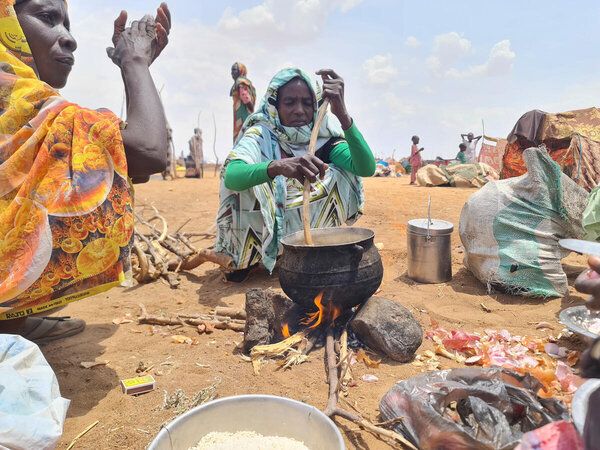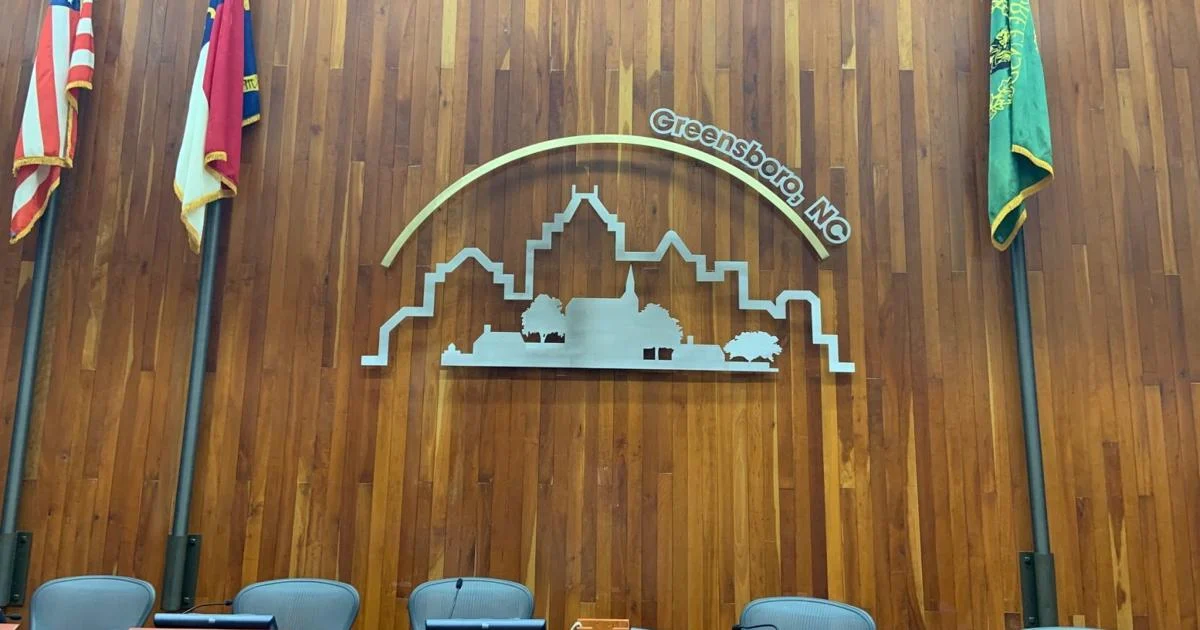By New Telegraph
Copyright newtelegraphng

Sometimes, she goes two full days without food, breaking her fast with nothing more than a cup of juice, only to resume the cycle for another two days. This is how Amina Mohammed Ali survives in El-Fasher, Darfur.
In early September 2025, Amina fled to the Al-Daraja Al-Oula neighbourhood, west of the city. There, she now lives with seven other families crammed into less than 500 square meters, facing acute shortages of food, medicine, and drinking water, according to a Darfur24 report published on September 30, 2025.
Like many Sudanese, Amina longs for the war to end so that hunger, displacement, and death might cease. She explains that her children go out in the mornings to Sufi kitchens in search of food, while she heads to satellite internet hubs (Starlink) in the hope of receiving money transfers from relatives and acquaintances. Yet, she says, the funds arrive diminished, with more than half deducted in fees.
“With the water crisis, and the cost of a barrel reaching 16,000 pounds – even though it’s salty water – we are forced to collect rainwater by leaving household containers outside during storms,” she recounts. Amina admits she fears displacement, is worried about her children’s safety, and stresses the urgent need to end the crisis and ensure that humanitarian aid can reach people without obstruction.
Mounting Concerns
Local responders report that dozens of children under the age of five, as well as many elderly people, have died from hunger and disease in the past 40 days. The UN Office for the Coordination of Humanitarian Affairs (OCHA) has expressed deep concern over the worsening situation in El-Fasher.
In a statement on September 30, 2025, OCHA said that “funding shortfalls and soaring operational costs have forced the closure of community kitchens, depriving thousands of people of daily meals.”
UN Humanitarian Coordinator in Sudan, Denise Brown, underscored the need to protect civilians and guarantee safe passage for those wishing to leave the city. She emphasized that exit routes must remain open and accessible, while civilians who remain also require protection, along with access to food, water, and essential supplies.
In this context, the Sudanese Founding Alliance (Ta’sis) announced that it had opened “humanitarian corridors through the areas of Qarni, Hilla Sheikh, Shaqra, and West Golo,” which enabled the evacuation of more than 800,000 civilians to Tawila, Kurma, Shangil Tobaya, and other areas in large-scale humanitarian operations.
The alliance pledged to continue opening safe corridors for civilians fleeing El-Fasher and to provide them full protection. It welcomed the departure of soldiers, promising they would be treated in accordance with international humanitarian law. The group reaffirmed its commitment to ending the conflict in pursuit of security, stability, lasting peace, and entrenched democracy.
In mid-August 2025, however, it accused Islamist militias of holding residents hostage, using some as human shields, and coercing others into joining the so-called “Popular Resistance.”
Denial and the War’s Continuation
Reports from rights organizations and UN agencies confirm the staggering scale of Sudan’s crisis, driven by the war that has raged since mid-April 2025. According to UN data, around 25 million people – two-thirds of the population – are experiencing alarming levels of food insecurity, with famine already spreading across several regions.
Despite this, authorities in Port Sudan deny that famine exists, dismissing such reports as “false information” aimed at justifying UN intervention.
In March 2025, Sudan’s Agriculture Minister, Abu Bakr Omar, asserted in Port Sudan that “the country’s agricultural output speaks for itself,” rejecting claims of famine as untrue. He described such reports as an effort to push for UN intervention, which he argued would mean “a loss of Sudanese sovereignty and the eruption of border-wide unrest.”
Army chief Abdel Fattah al-Burhan has repeatedly dismissed famine warnings and insisted the war can only end with military victory – showing little regard for the unfolding humanitarian catastrophe.
African affairs researcher and Sudan specialist, Lana Mahdi, says Port Sudan’s denial reflects an attempt to “perpetuate a politics of denial as a way of evading responsibility for the deep-rooted economic and political crises that have worsened living conditions.
This approach shows a lack of genuine political will for positive change, with the government resorting to denialist rhetoric rather than practical solutions to alleviate Sudanese suffering.”
She adds that such denial “reveals a disconnect between the government and the lived reality of citizens, ignoring the plight of the most vulnerable instead of addressing it.
This only deepens mistrust between people and the state, widens social fractures, and weakens national cohesion.” Ultimately, she concludes, it exposes the government’s “political and administrative paralysis, prioritizing image over truth, leading to growing isolation both at home and abroad.”
Echoing this, Sudanese humanitarian worker and engineer Ayoub Khidr told Sputnik: “I recently read the government’s denial of famine or near-famine in Sudan. But as someone engaged in humanitarian service – and as a member of society – I can affirm that Sudanese are enduring a severe crisis. Most institutions, particularly health facilities, are out of service, while food shortages and extreme poverty devastate the country, especially conflict-hit areas.”
“What we are witnessing in the humanitarian sector requires urgent mobilization of both national and international efforts,” he continued. “Reports from the UN, local groups, international organizations, and community representatives confirm the crisis in Khartoum, Darfur, Kordofan, and among the displaced from East Al-Jazira. We must act to mitigate famine – or near-famine – conditions in Sudan.”
Calls for Accountability
According to the U.S. State Department, Port Sudan’s famine denial adds to its record of crimes against the Sudanese people, including the use of hunger as a weapon of war.
Meanwhile, the Sudanese Alliance for Rights (SAR) announced it has filed a case before the International Criminal Court against four senior figures of the Port Sudan authority, accusing them of grave violations against civilians during the conflict – including the use of chemical weapons by the army.
The alliance confirmed it is working with a team of international lawyers, targeting Abdel Fattah al-Burhan, Yasser al-Atta, Shams al-Din al-Kabbashi, and Major General al-Taher Mohammed. It submitted evidence demanding an investigation and prosecution.
SAR also filed a complaint with the African Commission on Human and Peoples’ Rights regarding violations and chemical weapons use, and another with the head of the Organization for the Prohibition of Chemical Weapons, urging an urgent inquiry and suspension of Port Sudan’s membership.



